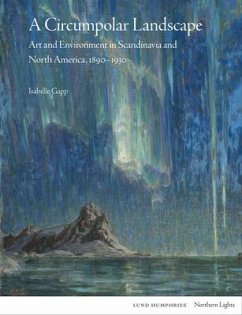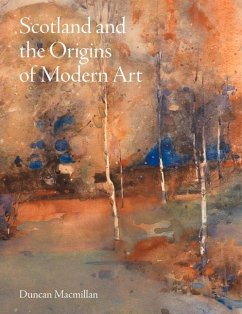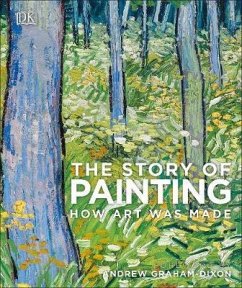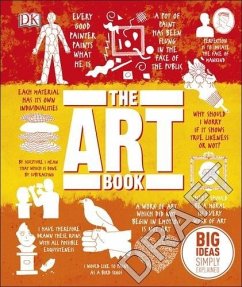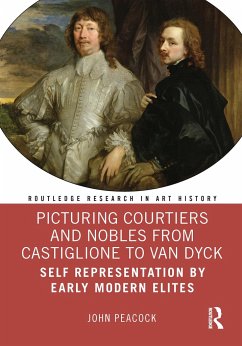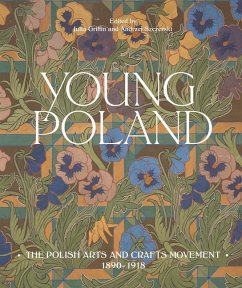
Picturing the Artist's Studio, from Delacroix to Picasso
Versandkostenfrei!
Versandfertig in über 4 Wochen
43,99 €
inkl. MwSt.

PAYBACK Punkte
22 °P sammeln!
This richly diverse study examines the evolving image and contested status of the artist in late nineteenth-century France through the lens of the artist's studio, which became a central theme in art and literature, stretching from Balzac to Proust and from Corot to Picasso. The studio was a hybrid space that blurred the distinctions between public and private, professional and domestic, artistic production and display. Besides a material space for art making, the studio was a social and commercial nexus and an extension of the artist's persona. Drawing on paintings, prints, photographs, and p...
This richly diverse study examines the evolving image and contested status of the artist in late nineteenth-century France through the lens of the artist's studio, which became a central theme in art and literature, stretching from Balzac to Proust and from Corot to Picasso. The studio was a hybrid space that blurred the distinctions between public and private, professional and domestic, artistic production and display. Besides a material space for art making, the studio was a social and commercial nexus and an extension of the artist's persona. Drawing on paintings, prints, photographs, and primary sources ranging from memoirs to popular journals, this book sheds new light on the modern studio's heightened significance as a laboratory of creative struggle and a platform for self-expression and the staging of artistic identity. It elucidates how the concept of the studio as a creative space emblematic of artistic identity, first theorized in the Renaissance, was reinvented and popularized after mid-century as debates about the role of art and the status of the artist intensified. Breaking new ground in focusing on the intersecting issues of artistic identity and the evolving role of the studio as creative arena, social and commercial locus, and informal exhibition space, McPherson allows us to participate in the popular ritual of visiting the artist's studio.



